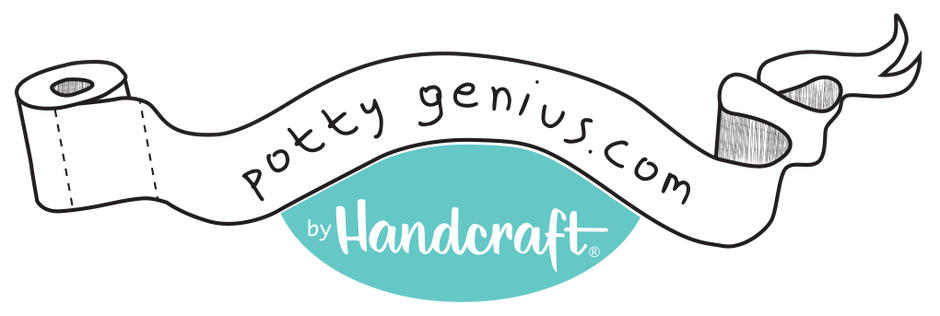Potty training is a major developmental milestone, one that can be both empowering and challenging for parent and child. While many developmental leaps such as walking and talking occur on the child’s time, toilet training is typically initiated by the parent. Many parents are uncertain about the potty training schedule-- when to start potty training and how long the process should take. According to the American Academy of Pediatrics, most toddlers will begin showing potty training readiness somewhere between 18-24 months; they will have achieved daytime continence between 30-36 months and nighttime continence by 36-48 months. A child is considered potty trained when he recognizes the need to eliminate and is able to access and use the toilet with little to no assistance. Most children will continue to need assistance wiping after bowel movements and using unfamiliar restrooms until they are around 4-6 years old. Potty training schedules can vary greatly from child to child. The average length of time is generally about 3 months, with girls generally learning a little faster than boys. There are many factors that impact the potty training schedule such as culture, parental involvement, diaper and underwear use, and individual developmental, temperament, and physiology. A potty training schedule can also vary significantly depending on the potty training technique used. Some techniques span potty training over a period of months while other methods boast success in as little as 3-7 days. Three-day potty training method worked for many children, but they typically require 3 full days of the parent’s attention, as well as eliminating diapers and increasing fluid intake during that time period. Potty training experts, pediatricians, and behavioral therapists also recommend different potty training schedules. Methods such as infant potty training (also referred to as elimination communication) suggest introducing the potty during early infancy, while other experts recommend delaying potty training before age 2. Parents have reported a potty training schedule of 6 months of age using the elimination communication method. This method is intriguing for parents who want to decrease the economic and environmental impact of diapers. However, physicians such as Dr. Steve Hodges warn against early potty training, stating that it may lead children to hold it for too long and increase the risks of urinary tract infections, constipation, bedwetting, and frequent accidents. Eliminating diapers early tends to work best in cultures where people squat to pee and children aren’t responsible for taking themselves to the toilet. Toddlers who are potty trained may delay eliminating to not interrupt their playtime and end up holding it for too long, which creates more problems down the road. For this reason, parents who potty train early should be available to take their child to the potty at scheduled intervals to avoid this issue. This may not be the best method for children who are in daycare or lack a solid daily routine with consistent caregiver involvement. Ultimately, potty training is a personal journey for each parent and child. Like any developmental milestone, children will reach it in their own time, with some kids taking longer than others. The American Academy of Pediatrics recommends assessing a child’s readiness before introducing any potty training method. Parents should research the various potty training methods and determine which method is most appropriate for their child’s unique needs. If the child doesn’t respond to that method, rather than get discouraged, try another technique or consider delaying potty training altogether and trying again later when your child seems ready. There is no need to rush the potty training schedule. Be patient and supportive and let your child learn in his own time. Parents who have potty training concerns should consider discussing it with their pediatrician.
Potty Genius Blog
Potty Training Schedule: How Long Should It Take?
Potty training is a major developmental milestone, one that can be both empowering and challenging for parent and child. While many developmental leaps such as walking and talking occur on the child’s time, toilet training is typically initiated by the parent. Many parents are uncertain about when to start potty training and how long the process should take.

